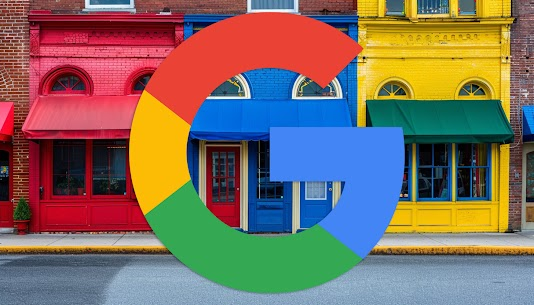When potential customers visit a website, most of the time, they already have the intention to make a purchase but are still waiting for the final push that assures them they’re making the right decision. That final push often comes in the form of online reviews. Aside from affecting purchasing decisions, online reviews can also significantly impact your website strategy. Here are seven reasons why online reviews are crucial and how they can influence website design.
1. Builds Trust and Credibility
When visitors see positive reviews, they are more likely to trust your business. Authentic customer feedback serves as social proof that your products or services are reliable and of high quality. According to a study by BrightLocal, 88% of consumers trust online reviews as much as personal recommendations.
Incorporating customer reviews prominently into your website design, such as on the homepage or product pages, can immediately build trust with new visitors. For example, displaying testimonials or star ratings can create an immediate impression of reliability and customer satisfaction.
2. Influences Purchase Decisions
Online reviews have a significant influence on purchase decisions. Customers often read them to gauge the quality and reliability of a product or service before making a purchase. By incorporating reviews into your website design, you can guide potential customers through the buying process.
For example, adding a section for “Most Helpful Reviews” can provide valuable insights to prospective buyers. Highlighting reviews that mention specific benefits or features can help visitors make informed decisions and increase the likelihood of a purchase.
3. Boosts SEO Rankings
Search engines like Google consider online reviews as a significant ranking factor. Positive reviews contribute to higher search rankings, making your business more visible to potential customers. When designing your website, integrating review sections can help boost your SEO efforts.
For instance, when you incorporate structured data for reviews on your website, you’re essentially providing additional information to search engines. The structured data helps search engines understand the context of your reviews. As a result, when your website appears in search results, the snippets (short descriptions) can include star ratings, review counts, and other relevant details.
These enhanced snippets make your listings more appealing and informative to potential visitors. A well-designed website with customer reviews can also increase the time visitors spend on your site, further boosting your SEO metrics.
4. Drives Conversions
Positive online reviews can seriously impact your conversion rates. Potential customers are more likely to purchase from a business with a high number of positive reviews. When designing your website, ensure that reviews are easily accessible and prominently displayed.
For example, placing customer testimonials and star ratings near your call-to-action buttons can encourage visitors to take the next step. Reviews can alleviate any concerns potential customers may have, making them more confident in their decision to buy from you.
5. Identifies Areas for Improvement
Customer reviews provide a wealth of information about what your customers like and dislike. These insights can be invaluable for improving your products, services, and overall customer experience. When designing your website, consider creating a dedicated section for customer feedback. This can be in the form of a feedback form or a review submission page.
By actively encouraging customers to leave reviews, you can gather actionable insights that can help refine your offerings and website design. For example, if multiple reviews highlight a particular feature as problematic, you can prioritize its improvement.
6. Differentiates You from Competitors
In a competitive market, online reviews can set you apart from your competitors. A business with numerous positive reviews is more likely to attract new customers than one with few or no reviews. Highlighting your best reviews on your website can give you a competitive edge.
Consider creating a “Customer Success Stories” page as part of your website design. This page can showcase detailed reviews and case studies, demonstrating how your business has helped customers achieve their goals. Such content can differentiate you from competitors and attract new clients.
7. Fostering a Community of Loyal Customers
Online reviews foster customer engagement by creating a sense of community. When customers leave reviews, they feel valued and heard. Responding to reviews, whether positive or negative, shows that you care about your customers' opinions.
Integrate a review response feature into your website design to allow your team to interact with customers directly. This engagement not only builds stronger relationships but also encourages repeat business. A well-designed review section can facilitate ongoing dialogue and customer loyalty.
Conclusion
At Simpleman Digital Marketing, we understand the importance of online reviews and their impact on your business’s success. As a Cumming website design expert, we can help you integrate reviews into your website design to maximize their benefits.
Ready to elevate your online presence and boost your business? Contact Simpleman Digital Marketing today to learn how we can help you leverage online reviews for success. Let us help you design a website that not only attracts visitors but also converts them into loyal customers.





